Sharpen student data analysis skills when solving problems with information presented in a single-unit picture graph and bar graph with this board game.
📊 Practice Analyzing Bar Graphs and Picture Graphs with a Board Game!
Are your students learning how to read and interpret data? Understanding the difference between different types of data displays can be tricky for young learners. With repeated practice, your students will master how to read graphs in no time! With this board game, students will practice reading bar graphs and pictographs that use a single-unit scale
Through this activity, students will show they can solve “how many more” and “how many less” problems using information presented in single-unit bar graphs and pictographs.
Why Teachers Love This Graphing Board Game
This engaging board game is more than just fun—it’s a powerful teaching tool. Teachers can use it to reinforce key data interpretation skills in a hands-on, collaborative way. It encourages students to think critically, compare quantities, and solve problems using real data representations. Whether used in small groups or math centers, this resource supports learning and helps students build confidence in reading graphs. Plus, it’s aligned with curriculum standards, making it a meaningful addition to your math lessons.
Easily Prepare This Resource for Your Students
Use the dropdown icon on the Download button to choose between the color PDF, black and white PDF, or editable Google Slides version of this resource.
Print on cardstock for added durability and longevity. Place all pieces in a folder or large envelope for easy access.
This resource was created by Allie Kleijnjans, a teacher in Pennsylvania and Teach Starter Collaborator.
More Graphing Fun!
The graphing fun doesn’t have to stop here. Here are more graphing resources made by teachers for teachers!
[resource:2651726] [resource:4851201] [resource:4849589]
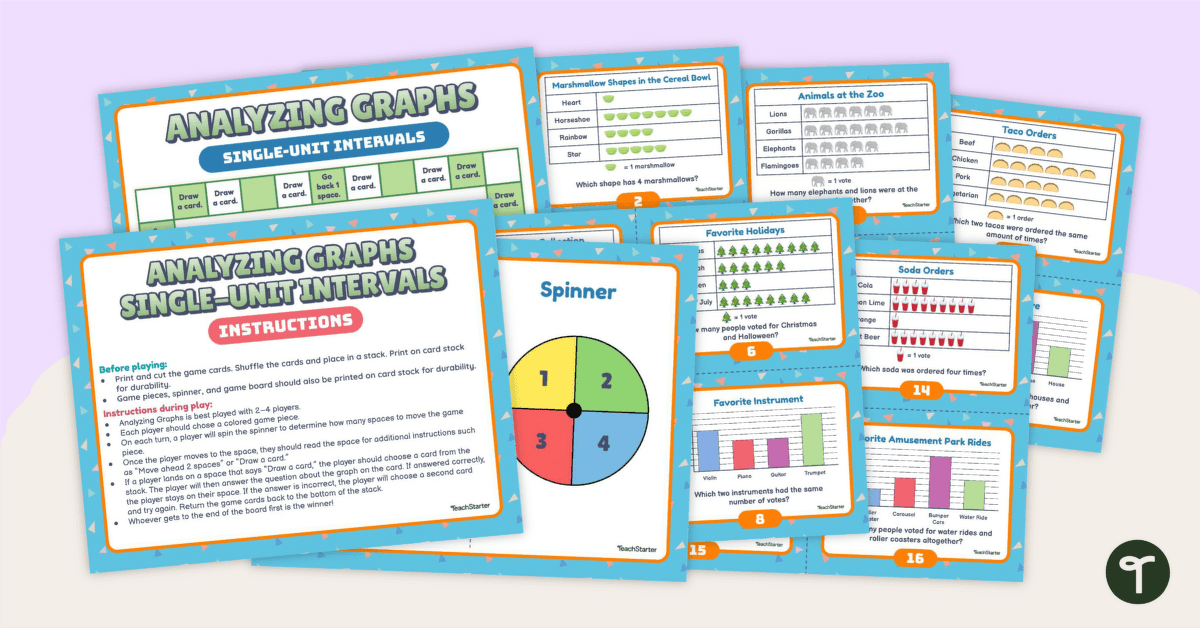

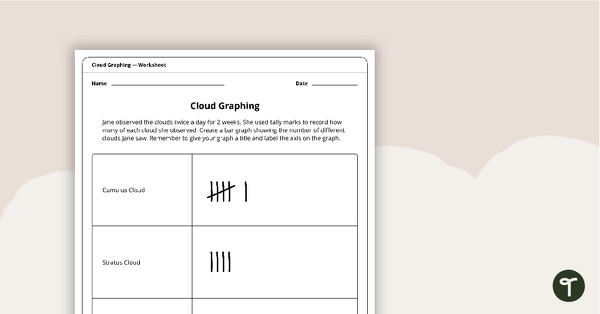
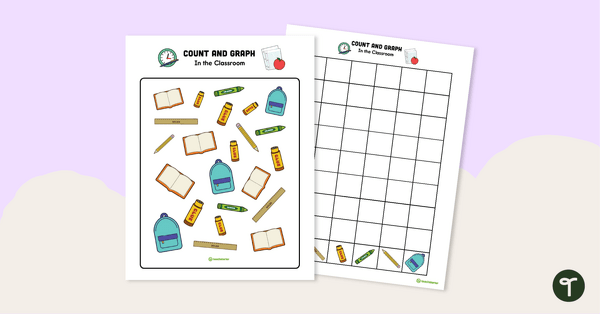
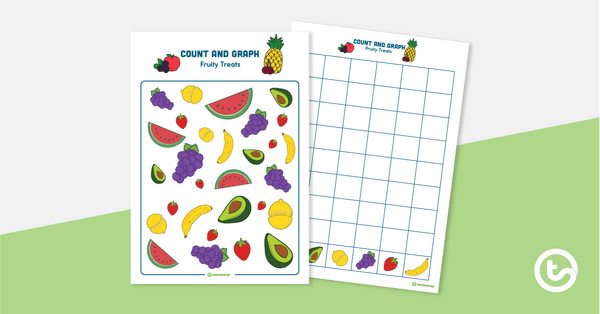
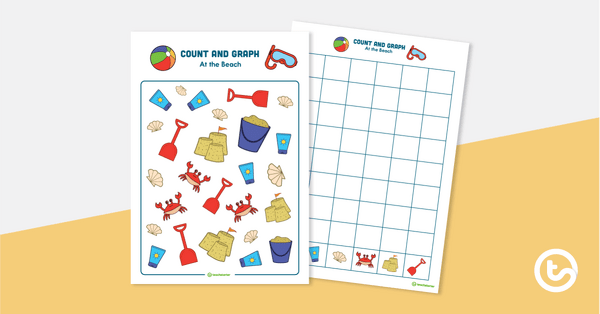
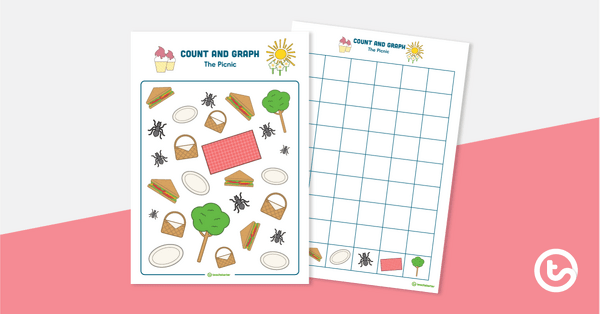
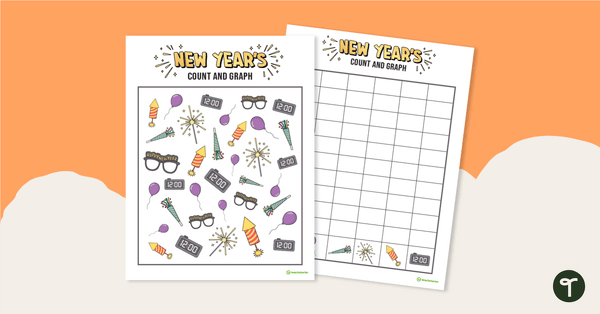
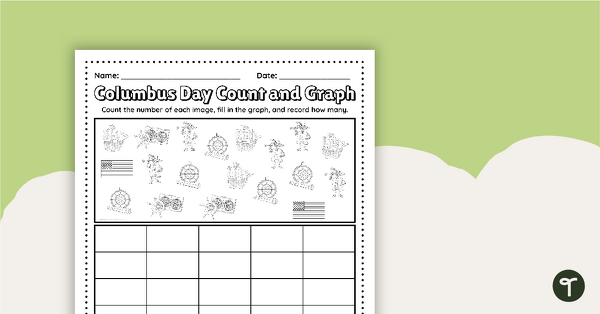
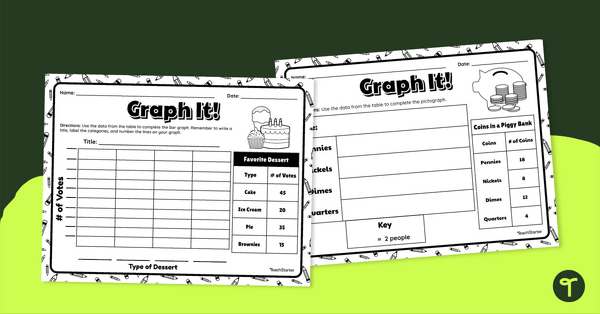
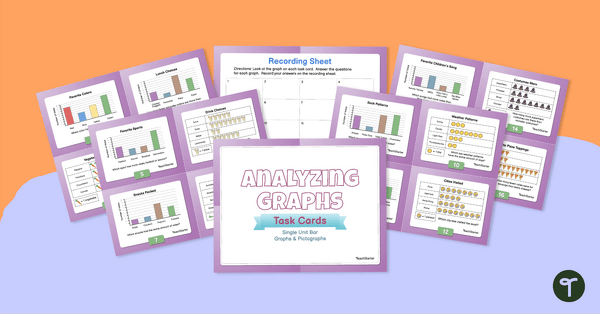
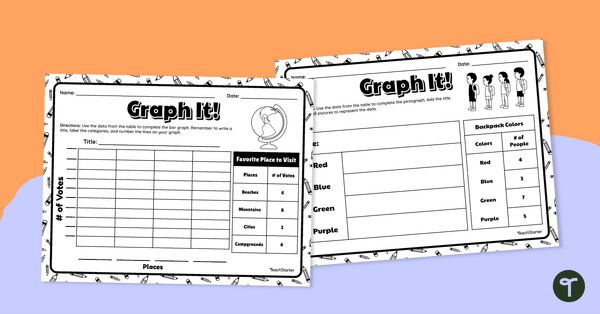
0 Comments
Write a review to help other teachers and parents like yourself. If you'd like to request a change to this resource, or report an error, select the corresponding tab above.